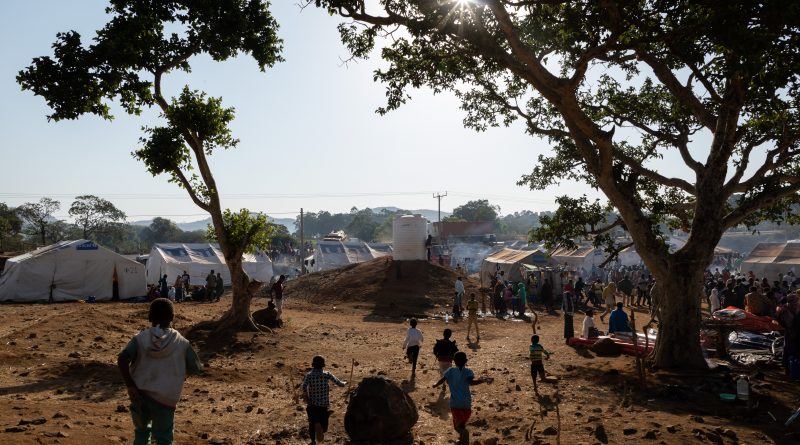Ethiopia and Tigray Come to Agreement on Humanitarian Aid
Katherine Dorrer
Communications Liaison
The Ethiopian government and the Tigray People’s Liberation Front came to an agreement to provide humanitarian access to the Tigray Region on November 12, after a two-year-long war, reports The Guardian. Though Ethiopian Prime Minister Abiy Ahmed was awarded the Nobel Peace Prize in 2019 for making peace with Eritrea, the Tigray War was one of the world’s worst conflict zones where thousands were killed or displaced. A preliminary peace deal was signed earlier in November between the two parties signaling the first step in ending the two-year conflict in the Horn of Africa and progress toward peace.
Despite the Ethiopian government’s stated mission “to arrest the political and military leadership of the ousted regional government in what it still refers to as a law enforcement operation,” the fighting, which started in November 2020, has caused immense devastation and one of the world’s worst active humanitarian crises, states Foreign Policy. A report from the United Nations found numerous instances of human rights abuses occurring in Tigray between October 2020 and June 2021, such as “extrajudicial killings, torture, pillaging, sexual and gender-based violence, and the forcible displacement of civilians.” The conflict and human rights abuses have left nearly 2.3 million people in need of humanitarian assistance. According to the World Food Program, blockades of the region imposed by Ethiopia and Eritrea have caused over 5.2 million people to face severe hunger and poverty.
On November 2, the TPLF and the Ethiopian government reached an agreement in South Africa to cease hostilities after intensified violence. African Union envoy Olusegun Obasanjo stated that they both agreed on “orderly, smooth, and coordinated disarmament.” Though Eritrea fought alongside Ethiopia and is accused of causing some of the conflict’s worst abuses, the nation was not involved in peace talks, reports NPR.
Secretary-General of the United Nations, Antonio Guterres, called for an end to the conflict on Twitter, citing the high prices paid by civilians in the country. According to a study by Belgium’s Ghent University, it is estimated that 350,000 to 500,000 combatants have taken up arms, and over 600,000 civilians have died.
The cessation of hostilities agreement is an important first step towards ending the horrific conflict, with the agreement laying out the implementation of a peace deal. Efforts made by the African Union mediators are expected to facilitate humanitarian access. Effective immediately, the declaration states that “disarmament of heavy weapons will be done with the withdrawal of foreign and non-ENDF forces from the region,” says Reuters. The implementation of the peace deal will restore services to Tigray and will be monitored by the African Union.
Though the agreement represents hopes for peace and an end to the war, uncertainties still remain. A peace and security expert at the Addis Ababa University commented that “many issues, including the border claims between Tigray and Amhara regional states, will be solved under the National Dialogue, I hope. But still, Ethiopia’s peace cannot be fully achieved unless other armed groups in the country are included in the national dialogue,” writes the Reporter Ethiopia.
Resolving remaining challenges regarding humanitarian aid, arms transfers, and reconstruction are essential for restoring peace to Ethiopia and the region. The recent peace efforts are promising as the war’s two-year mark passes. With justice and accountability, the Pretoria agreement is a step in the right direction for reconciliation and addressing the crimes committed during the conflict. As former Nigerian President Olusegun Obasanjo stated to NPR, “this moment is not the end of the peace process, but the beginning of it.”
Image courtesy of UNICEF Ethiopia

